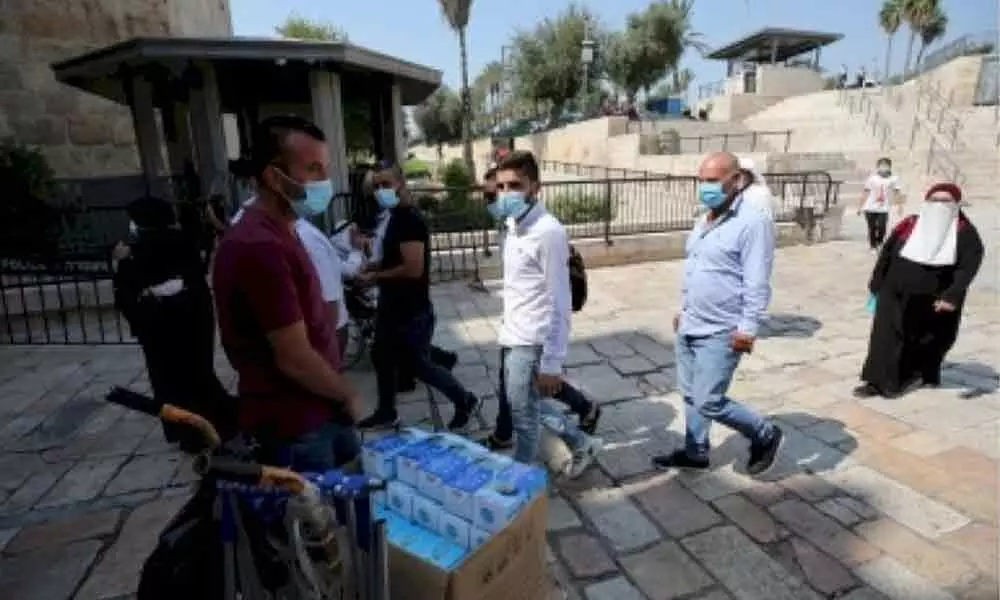Live
- Apple’s $100 Million Bid to Reverse iPhone 16 Ban in Indonesia
- 'When BCCI want things to happen, they get their way': Finch on IPL auction dates
- Revolutionizing Customer Service: Enhancing Customer Experience through OneConnect Project and SAP Service Cloud
- Delhi govt to implement work from home for 50 pc govt staff amid severe air pollution
- Annual addition to green energy capacity likely to surpass 35 GW: Report
- Seeking to complete 1st nuclear power plant as scheduled: Egyptian PM Madbouly
- Priyanka Chopra shares heartwarming moment of Malti enjoying Autumn
- "We play with passion and pride', says captain Durga Rao after India pulls out of Blind T20 World Cup
- Rural India’s women entrepreneurs: Stories of grit and success
- On World Fisheries Day, new schemes to be launched to push growth









